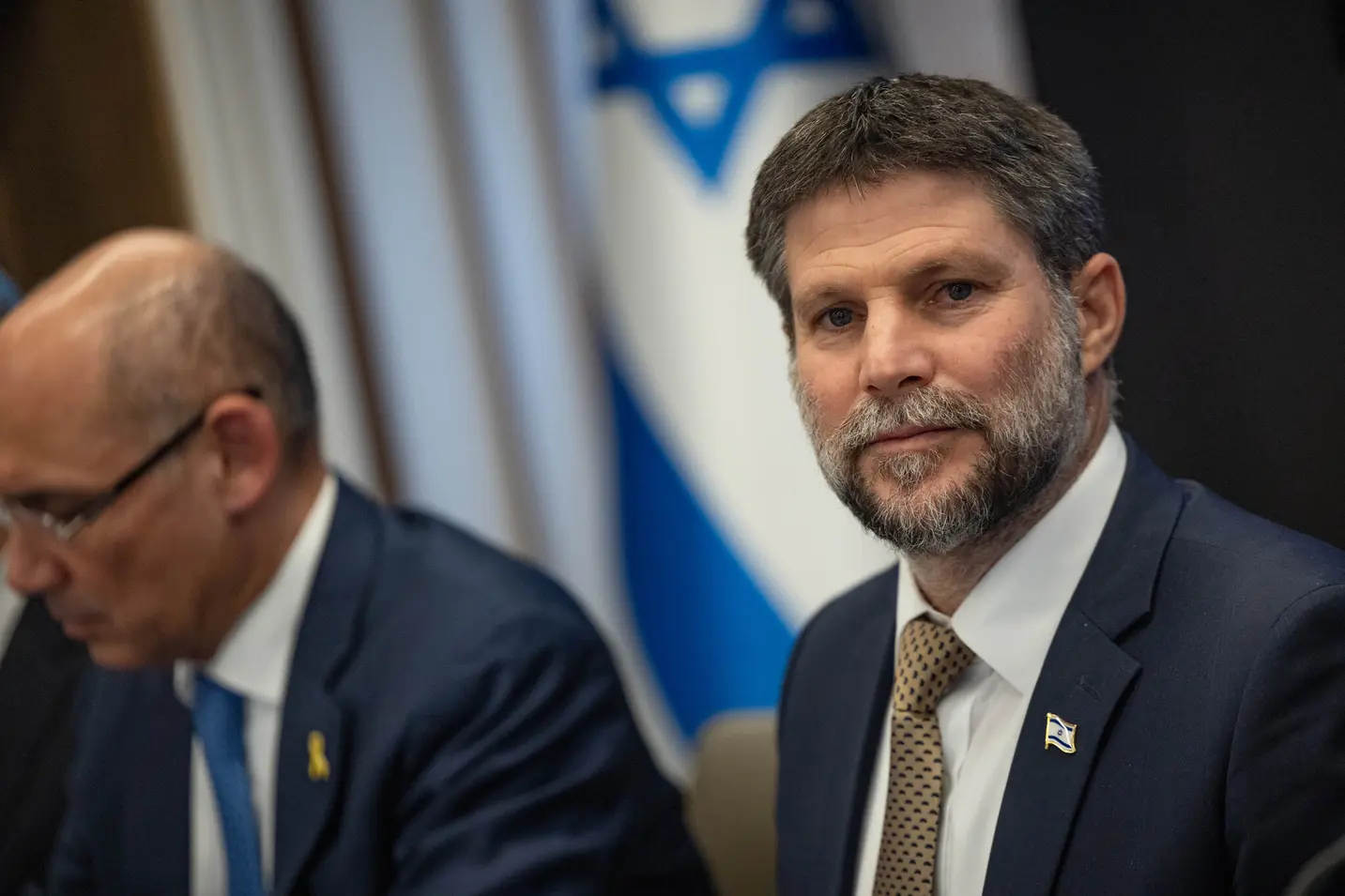T4K3.news
Israel outlines plan to free Gaza from Hamas
Netanyahu pitches civilian Gaza governance and a path to defeating Hamas, while disputing starvation claims and detailing postwar steps.
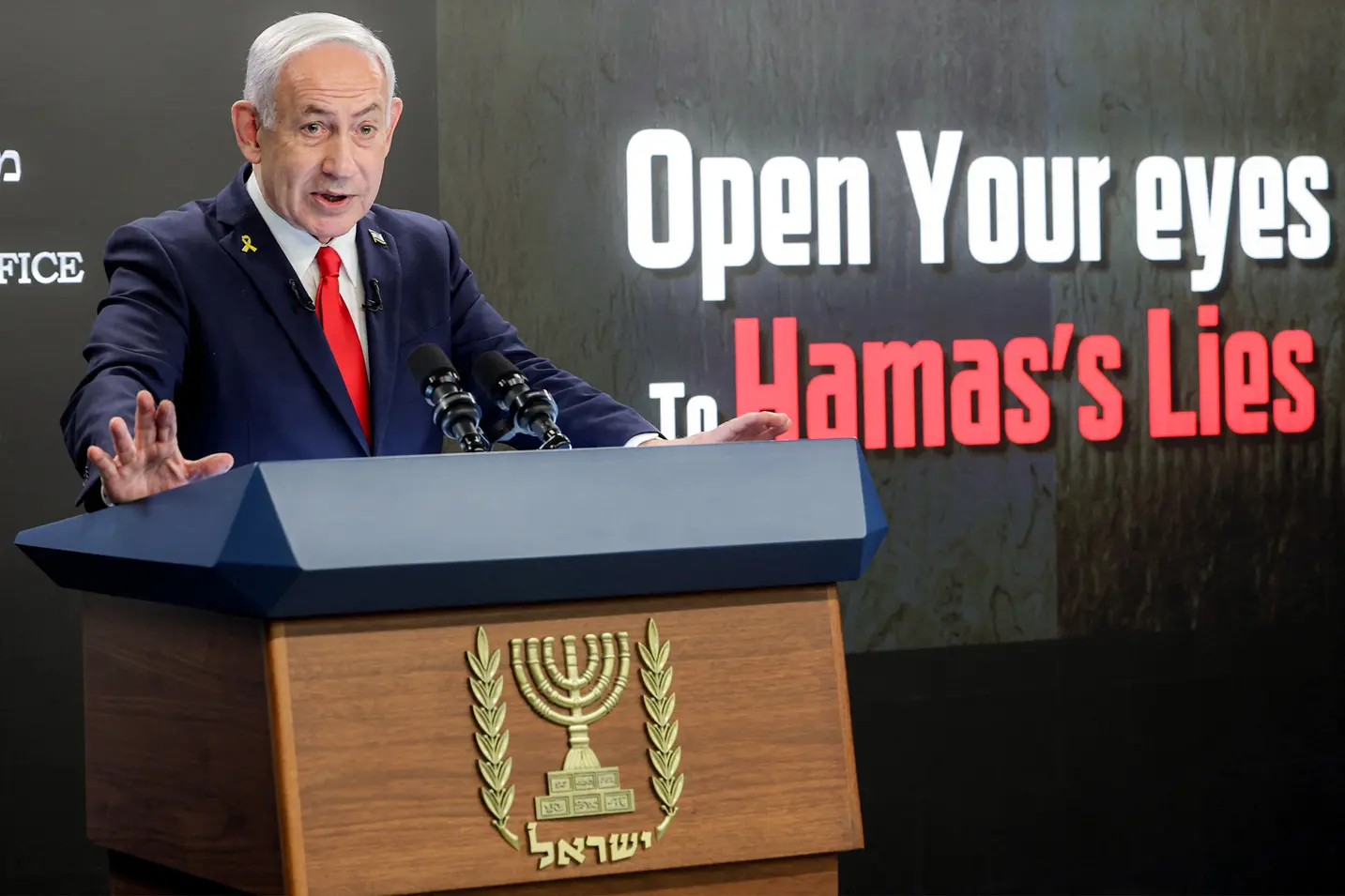
Netanyahu frames Gaza strategy as ending Hamas rule through civilian administration rather than occupation, while disputing starvation claims and outlining postwar plans.
Israel aims to free Gaza from Hamas through civilian governance
Prime Minister Benjamin Netanyahu held English and Hebrew press conferences to outline Israel’s approach to Gaza after a cabinet decision to press a major offensive in Gaza City. He said Israel does not intend to occupy Gaza and pitched a postwar civilian administration with an Israeli security role and a border zone intended to prevent future attacks. The plan, he claimed, would enable the release of hostages and mark the end of Hamas’ control over the territory.
On humanitarian questions, Netanyahu rejected reports of a starvation policy, arguing that aid has flowed and that Hamas has disrupted distributions. He described three widely cited starvation cases as fake and framed the Gaza crisis as a result of Hamas looting aid and mismanagement, while acknowledging deprivation in the enclave. He suggested Palestinian statehood would not solve the region’s problems and outlined a postwar Gaza arrangement that would exclude the Palestinian Authority and rely on other partners. He also noted a transitional authority to govern Gaza after the war, provided Hamas is disarmed and the security situation is stabilized.
Key Takeaways
"Our goal is not to occupy Gaza Our goal is to free Gaza from Hamas terrorists"
Netanyahu states the core aim of the operation
"The war can end tomorrow if Hamas lays down its arms and releases all the remaining hostages"
Statement linking military action to hostage outcomes
"There wasn’t starvation there was a shortage"
Defense of aid policy amid starvation claims
"Palestinians are not about creating a state they’re about destroying a state"
asserted view on Palestinian statehood
The statements frame a political strategy as much as a military plan. By rejecting occupation while proposing a civilian administration, Netanyahu aims to reassure domestic critics and international partners who fear a long occupation. Yet the specifics of governance, civil rights protections, and humanitarian oversight remain unclear, raising questions about how a postwar Gaza would be managed and whom it would serve. The rhetoric also hardens opposition to Palestinian statehood as a solution, signaling a continued preference for security guarantees over political concessions.
The rhetoric invites scrutiny of numbers, narratives, and alliances. Framing aid as flowing while blaming Hamas for shortages stretches credibility for many humanitarian groups and independent observers. The plan to use safe zones and a civilian regime could alter regional dynamics and complicate accountability. As the war moves toward a potential turning point in Gaza City, international reaction and domestic political pressures will shape whether these plans can be tested on the ground.
Highlights
- Our goal is not to occupy Gaza our goal is to free Gaza from Hamas terrorists
- The war can end tomorrow if Hamas lays down its arms and releases all the remaining hostages
- There wasn’t starvation there was a shortage
- Palestinians are not about creating a state they’re about destroying a state
Risk of political backlash and humanitarian criticism
The remarks touch on highly sensitive political claims about Gaza governance, hostages, and aid. Domestic opposition and international scrutiny could intensify if postwar plans appear to sideline Palestinian governance or if humanitarian data are challenged.
Reality will test both military feasibility and political viability as plans move from rhetoric to action.
Enjoyed this? Let your friends know!
Related News
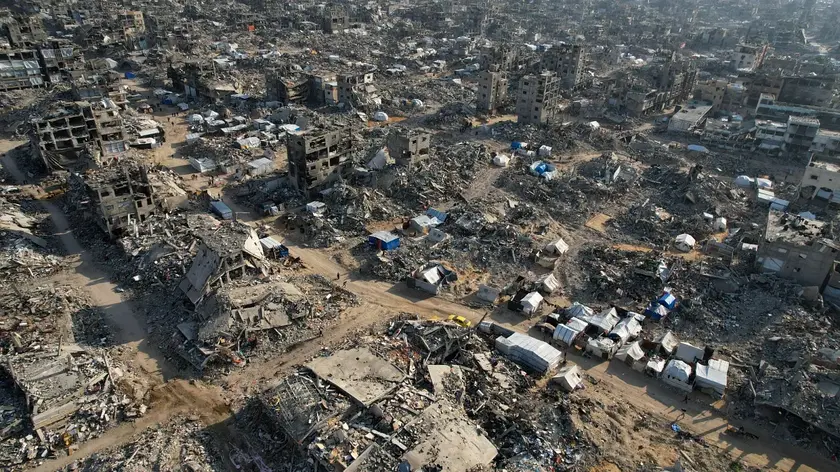
Netanyahu confirms full occupation of Gaza
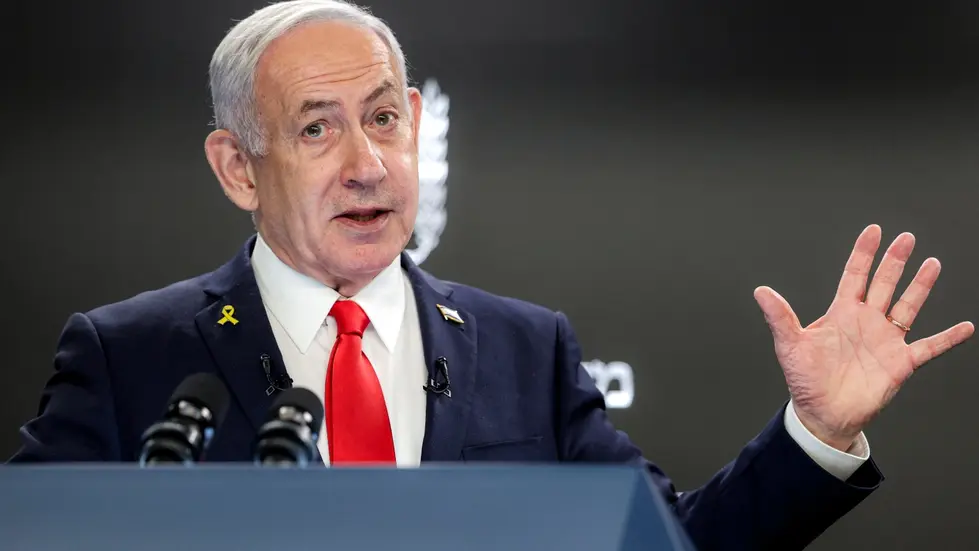
Gaza City plan faces global backlash
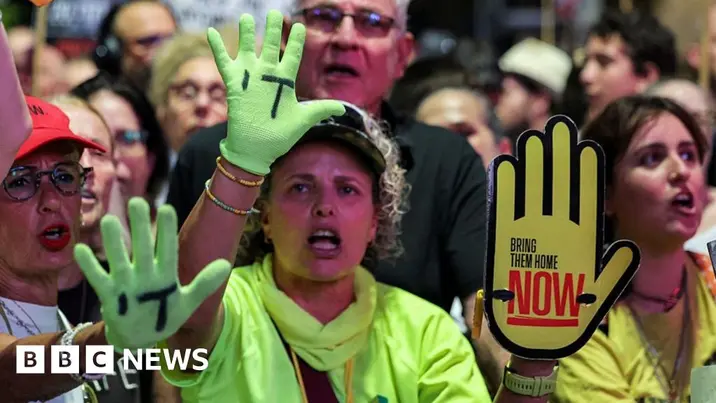
Protests Grow as Israel Debates Gaza War Expansion
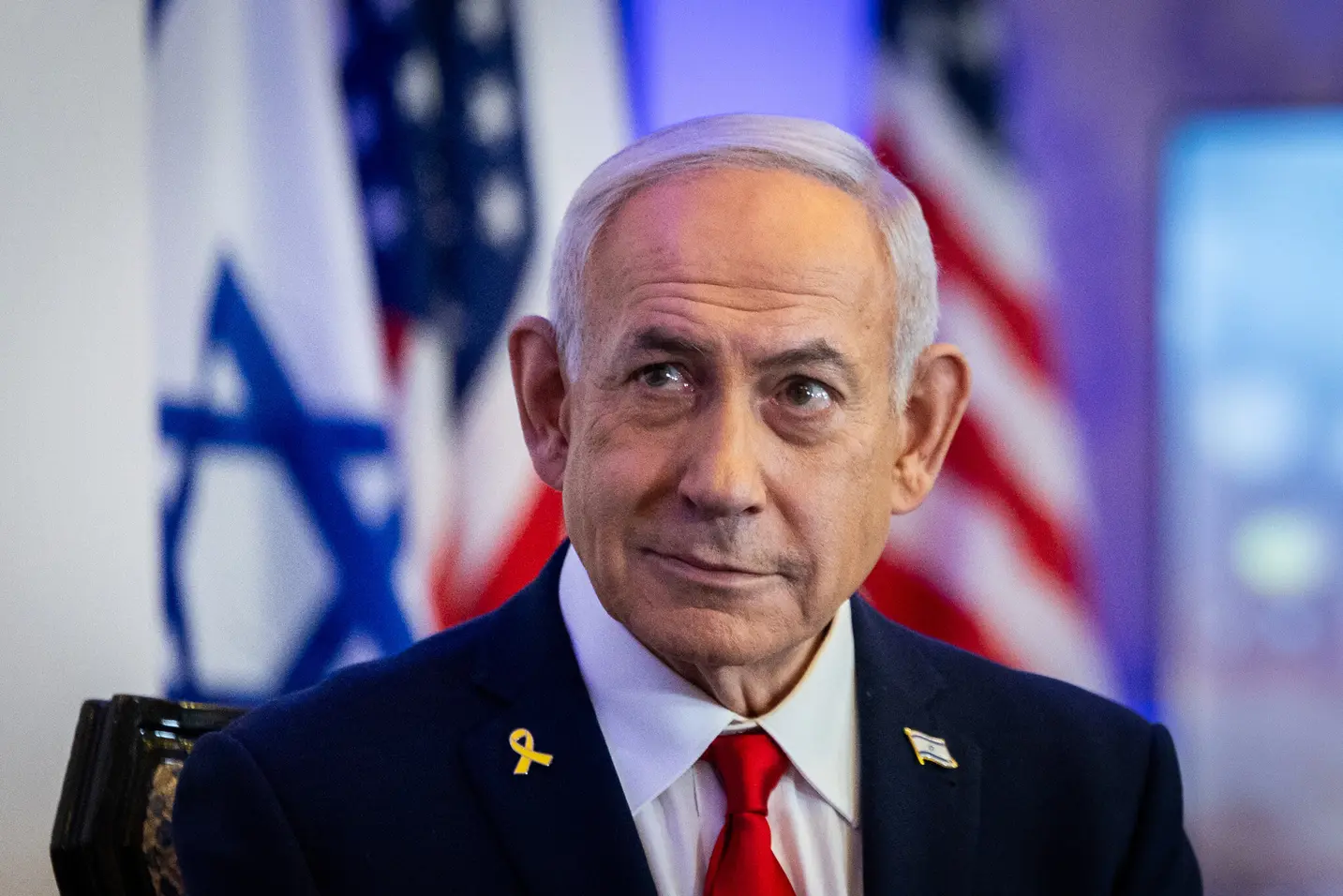
Netanyahu announces plan for Gaza governance
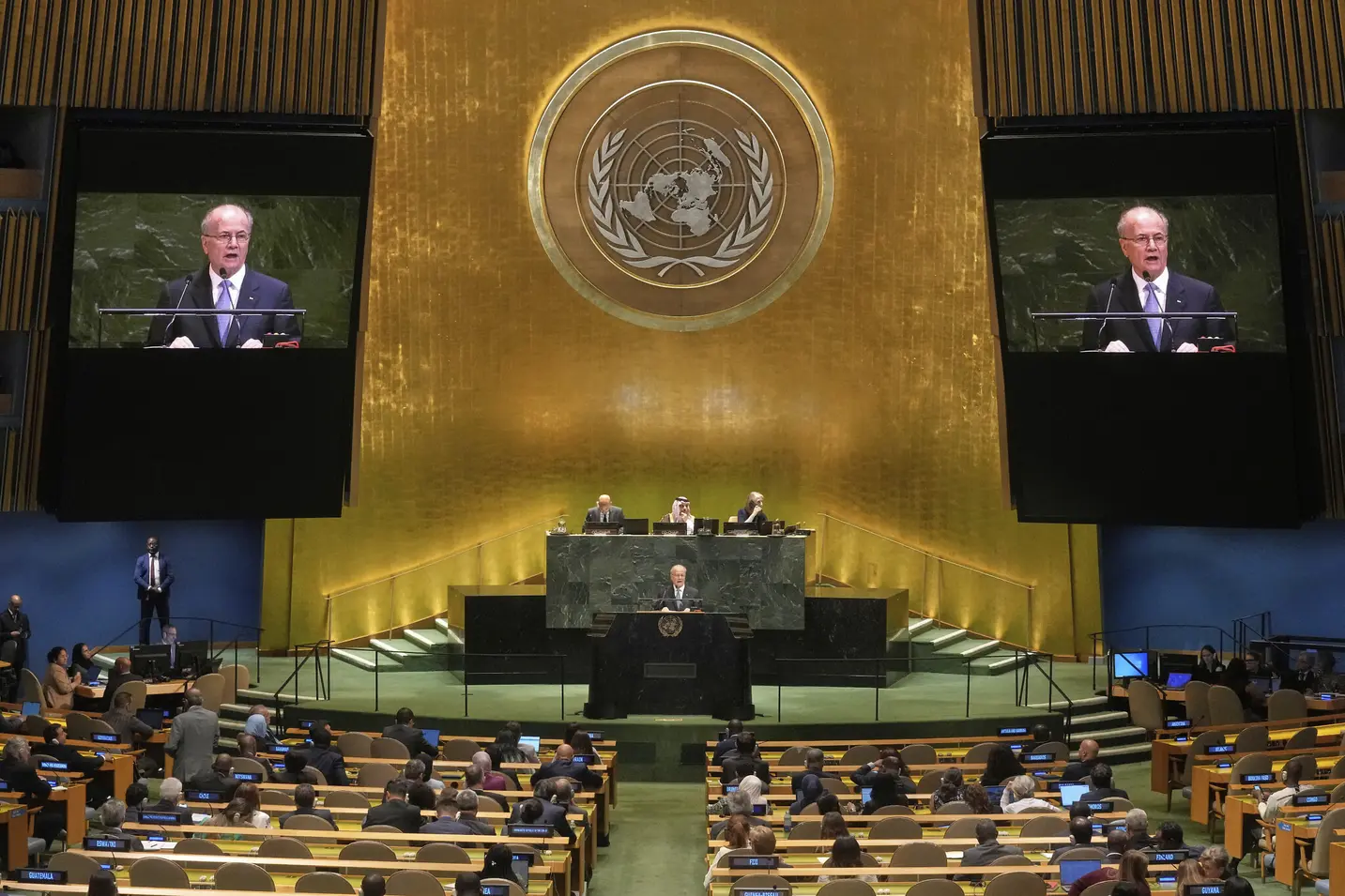
Arab League condemns Hamas and urges disarmament
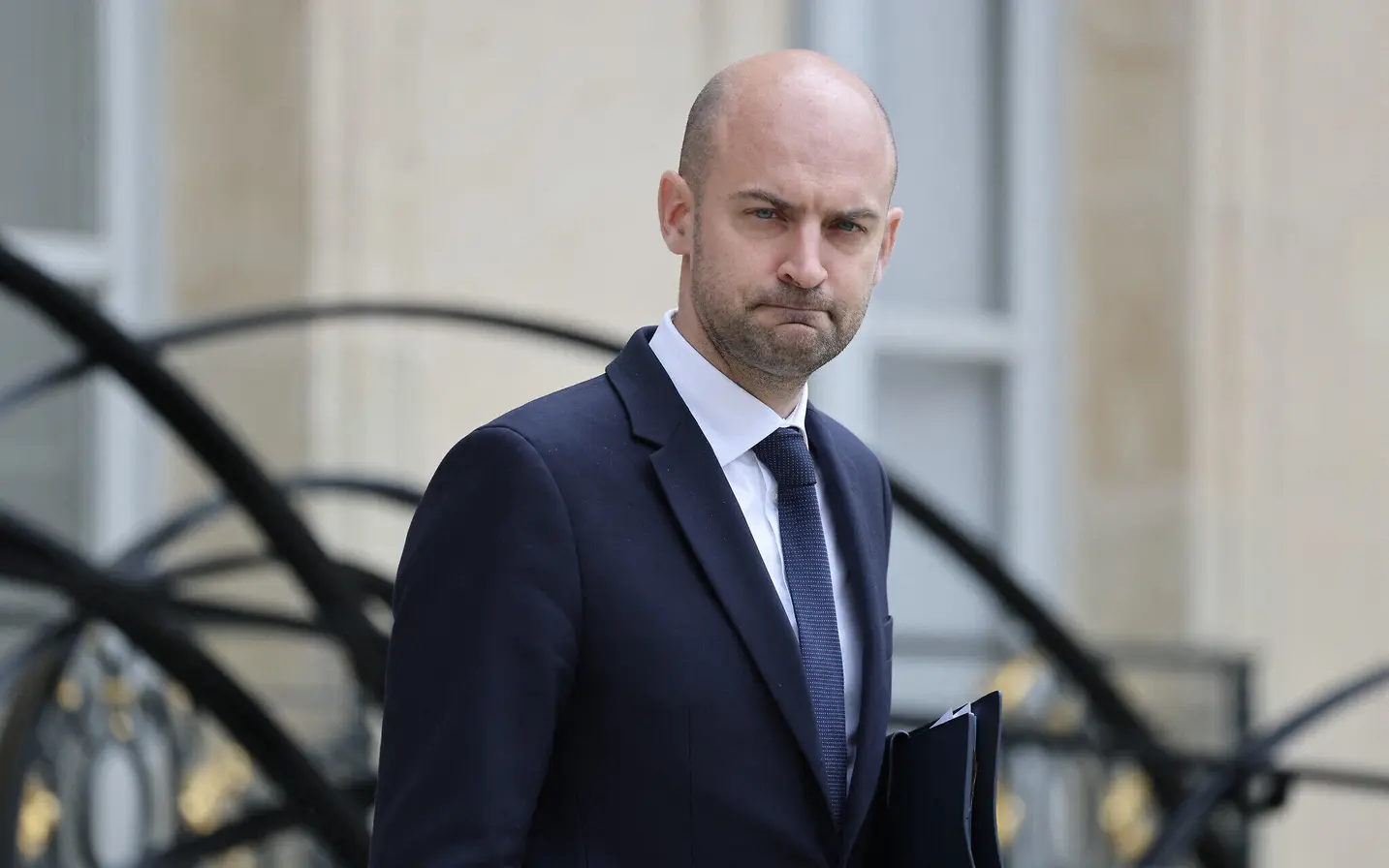
US Jewish groups reject meeting over French Palestine recognition
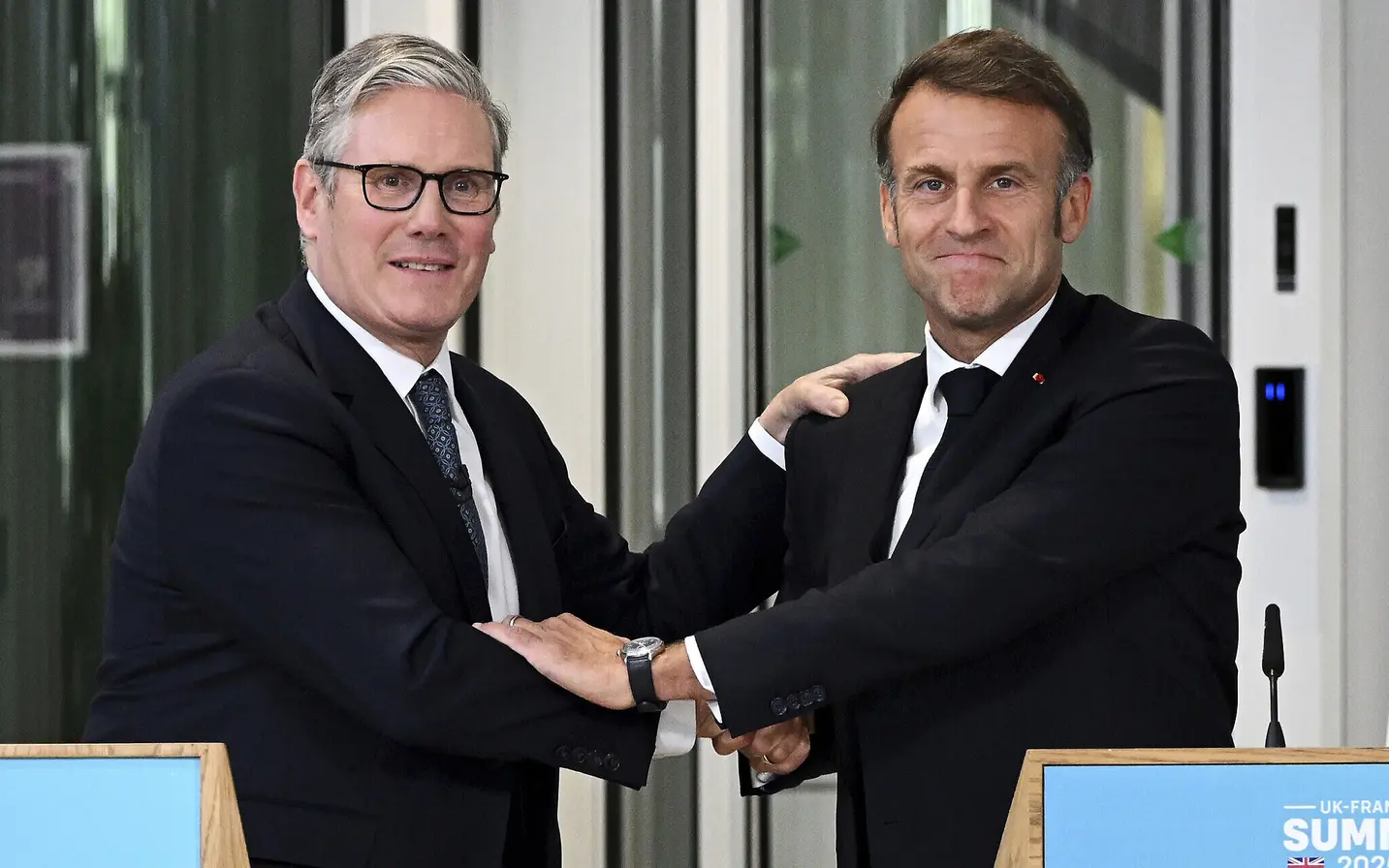
Western leaders threaten to recognize Palestinian state
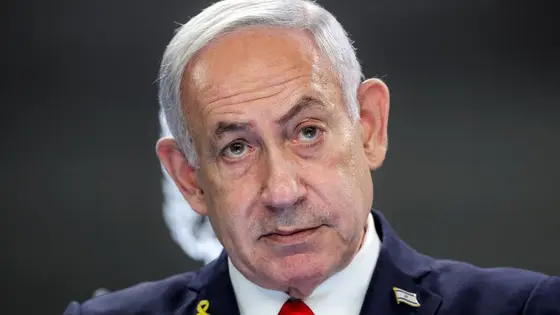
Gaza City takeover defended by Netanyahu
